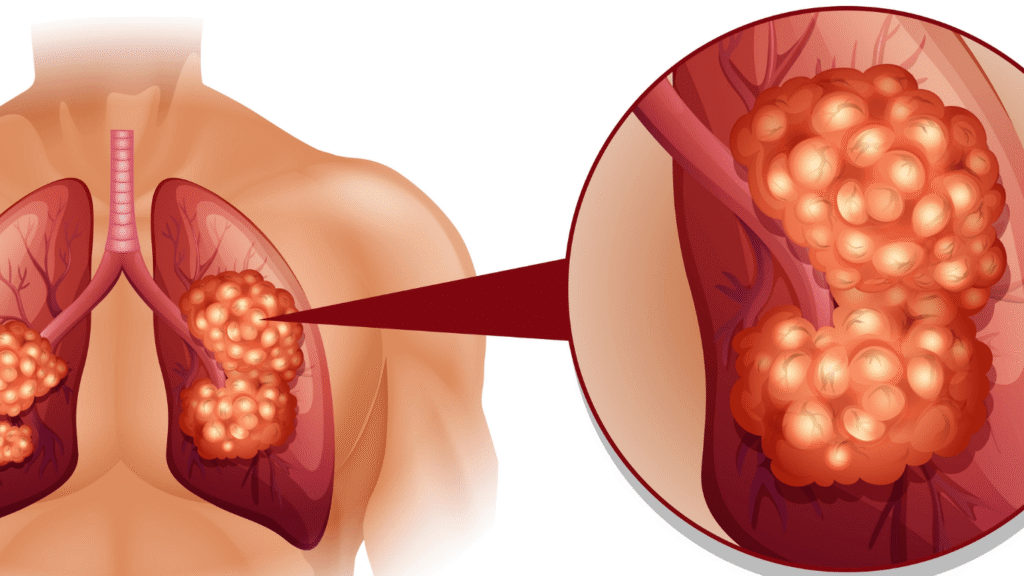Respiratory Diseases
At Satwa Ayurveda, we offer holistic and time-tested Ayurvedic solutions for a wide range of respiratory diseases, focusing on restoring balance and strengthening the body’s natural defense mechanisms. Our treatments are rooted in classical Ayurvedic principles that address the root cause (Nidana) rather than just symptoms, providing lasting relief and improved lung health.
Common Respiratory Conditions We Treat:
Asthma (Tamak Shwasa)
Chronic bronchitis
Allergic rhinitis (Dushta Pratishyaya)
Sinusitis (Peenasa)
COPD (Chronic Obstructive Pulmonary Disease)
Recurrent coughs, colds, and respiratory allergies
Post-viral respiratory weakness
Our Ayurvedic Approach:
Each patient’s condition is carefully evaluated based on Prakriti (body constitution), Dosha imbalance, and disease stage, followed by a personalized treatment plan that may include:
Herbal formulations to reduce inflammation, clear mucus (Kapha), and improve lung function
Panchakarma therapies like Nasya, Vamana, and Dhumapana for detoxification and respiratory channel cleansing
Immunity-boosting Rasayanas to strengthen respiratory resilience
Dietary and lifestyle guidance to reduce triggers and support lung health
Breathing exercises, yoga, and meditation for better respiratory control and mental well-being
Why Choose Satwa Ayurveda for Respiratory Care?
Treatments customized for your body constitution
Natural, non-invasive solutions with minimal side effects
Expert Ayurvedic doctors with experience in chronic respiratory care
Focus on long-term relief and disease prevention
Breathe easier with the healing power of Ayurveda. At Satwa Ayurveda, we help you regain control over your respiratory health naturally, gently, and holistically.
At Satwa Ayurveda, our mission is to restore your breathing rhythm by harmonizing the body’s energies through ancient, yet highly effective Ayurvedic therapies. Respiratory illnesses are often linked to imbalances in Kapha and Vata doshas, leading to congestion, inflammation, and reduced immunity. By addressing these imbalances at the root, our treatments offer not just symptom relief, but true healing from within.
We combine classical herbal remedies like Talisadi Churna, Sitopaladi Churna, Vasaka, Yashtimadhu, and Pushkaramool to naturally dilate the airways, dissolve phlegm, and reduce bronchial irritation. Our Panchakarma therapies, especially Nasya (nasal cleansing) and Vamana (therapeutic emesis), help eliminate accumulated Kapha and restore respiratory clarity.
Dietary modifications focus on avoiding cold, heavy, and mucus-forming foods, replacing them with warm, light, and lung-supportive meals enriched with Ayurvedic spices like turmeric, ginger, and black pepper. We also guide patients through Pranayama, yoga postures, and mindfulness practices to enhance lung capacity, reduce stress-induced flare-ups, and promote emotional balance.
At Satwa Ayurveda, we don’t just treat the disease—we support your entire respiratory ecosystem. With compassionate care and a deep respect for nature’s intelligence, we help you breathe freely, live fully, and thrive naturally. Experience the gentle yet powerful embrace of Ayurveda for your lungs.
JOIN US
Need to connect ?
Do you have questions or require assistance? Our team is here to support you. Feel free to reach out to us for any inquiries or concerns you may have..
Ayurvedic FAQ
How does Ayurveda view respiratory diseases?
Ayurveda considers respiratory disorders to be primarily caused by imbalances in Kapha and Vata doshas, along with impaired Agni (digestive fire) and accumulation of Ama (toxins). Environmental factors, improper diet, and stress can aggravate these conditions.
Which respiratory conditions are treated at Satwa Ayurveda?
We provide Ayurvedic treatment for:
Asthma (Tamak Shwasa)
Bronchitis
Allergic rhinitis
Chronic cough and cold
Sinusitis (Peenasa)
COPD
Respiratory allergies
Post-infection respiratory weakness
What treatments are used in Ayurveda for respiratory diseases?
Depending on your individual constitution and condition, treatments may include:
Herbal medicines to clear mucus and strengthen lungs
Panchakarma therapies like Nasya, Vamana, Swedana
Dietary and lifestyle modifications
Rasayana therapy for rejuvenation and immunity
Yoga and Pranayama to improve breathing and lung capacity
Is Ayurvedic treatment safe for chronic respiratory diseases like asthma or COPD?
Yes. Ayurvedic treatment is safe and often effective for chronic conditions. It focuses on long-term management, reducing recurrence, and minimizing dependency on steroids or inhalers, under expert supervision..

